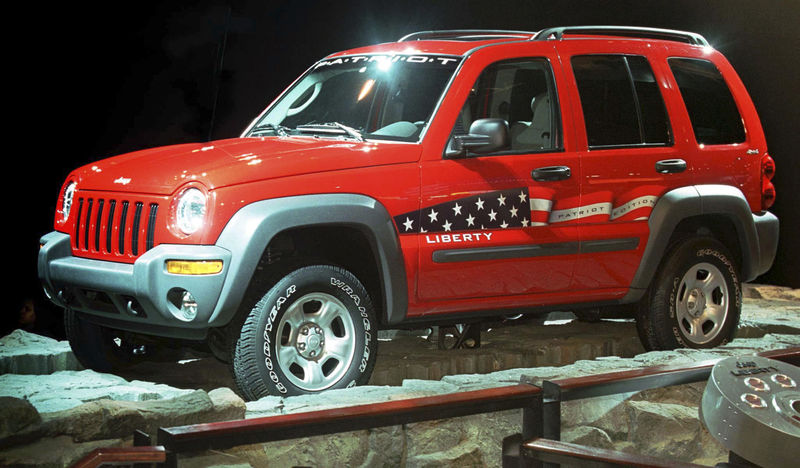By Joe White
(Reuters) - The auto industry's air bag troubles deepened on Saturday as U.S. federal safety regulators said three big automakers will recall about 2.1 million older vehicles to fix defects that could cause air bags to deploy when they are not supposed to.
The vehicles involved in the recall announced by the U.S. National Highway Traffic Safety Administration are made by Toyota Motor Corp, Fiat Chrysler Automobiles NV and Honda Motor Co.
There have been about 400 reported cases of inadvertent air bag deployments in the recalled vehicles, NHTSA Administrator Mark Rosekind said. The incidents have caused some minor injuries, but no known deaths, he told reporters.
The recall concerned a defective chip in air bag systems and the fix involved replacing the entire air bag module, including circuits manufactured by parts maker TRW Automotive Holdings, Rosekind said.
The automakers involved had issued three earlier recalls to fix the chip problems. But the NHTSA said it had reports that 39 vehicles fixed under those actions had experienced inadvertent air bag deployments, hence the new recall.
It was not related to millions of vehicles recalled over Takata Corp air bags. U.S. safety regulators have said defective Takata air bag inflators in certain vehicles can rupture and spray metal fragments inside the vehicle.
Air bag failures were also central to the controversy last year over General Motors Co's delay in recalling millions of vehicles with defective ignition switches that could unexpectedly cut off power to the safety systems.
Honda said that approximately 374,000 Honda and Acura vehicles are affected in the United States.
"Honda has received a small number of complaints of inadvertent airbag deployment in these vehicles after the original recall repair was completed," Honda said in a statement. "No crashes have been reported to Honda related to this issue."
Noting potential consumer concerns about air bags, the NHTSA said the chances of being involved in a crash in which an air bag could prevent serious injury or death were far greater than the risk of serious injury from an inadvertent bag deployment.
NHTSA blamed the problems it reported on Saturday on "electrical noise" in the air bag system. It said a fully effective solution might not be available until late this year.
The agency said the models affected were: 2002-2003 Jeep Liberty and 2002-2004 Jeep Grand Cherokees (about 750,000 vehicles); 2003-2004 Honda Odyssey; and 2003 Acura MDX (about 370,000 vehicles) and 2003-2004 Pontiac Vibe; Dodge Viper; and Toyota Corolla, Toyota Matrix, and Toyota Avalon (about 1 million vehicles, not all of which were sold in the United States.)
The agency said the affected models had a part called an electronic control unit that controls deployment of its air bags. TRW supplied control units containing the same control circuit to all three automakers.
Although the recalls were not related to the Takata cases, the NHTSA said there was an overlap, in that about 1 million of the vehicles affected were also covered in separate recalls of Takata air bag inflator systems.
The recall highlights the difficulty automakers and regulators have with increasingly complex electronic systems. The agency said in a statement it could take several months for the companies to obtain enough parts to fix all the vehicles involved.

In the Takata cases, Honda on Friday said it has confirmed that a Takata air bag inflator ruptured in a Jan. 18 crash in Texas that killed the driver. Prior to that incident, air bags made by the Japanese company had been linked to at least five deaths.